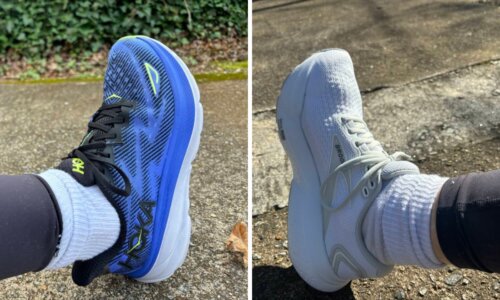Another popular mall store of the early 2000s is closing up shop. Bebe Stores Inc. will close all of its retail locations in malls and outlet markets around the country by the end of May.
The company had 180 stores at the end of 2016, which is bad news for all of the Bebe employees who will soon be out of work. According to a new regulatory filing, Bebe also plans to liquidate all merchandise and fixtures within its stores.
Best known for its trendy women’s wear, including everything from jeans to evening dresses, Bebe hopes to refocus its efforts on online sales.
The move to consider closing all brick-and-mortar locations comes nearly two months after Bebe Stores Inc. announced it would close 25 locations by the end of 2017. That announcement came after disappointing sales reports in 2016. Net sales fell 16.8 percent to $101.9 million. The company also cut 46 jobs at its headquarters to cut costs.
Bebe partnered with Bluestar Alliance LLC in 2016 as a way to help boost its investments. However, the extra cash hasn’t helped boost sales so far this year.
Competition Forces Bebe Store Closures
Bebe is the latest in a long line of retailers recently announcing closures. For example, The Limited, BCBG, Wet Seal and American Apparel are just a few chains to permanently close this year.
Brick-and-mortar stores continue to face challenges from online retailers, such as Amazon, eBay and more.
During the 2016 holiday shopping season, stores such as Macy’s, JCPenney and Kohl’s saw in-store sales drop up to 3 percent. However, a number of department stores are looking to the internet to help boost their sales.
For example, Target and Walmart shifted their focus to online sales over the holidays and saw some noticeable benefits. Target’s online sales jumped 34 percent. Walmart’s sales went up 29 percent.
Retail experts say other stores need to move quickly to adapt to e-commerce offerings. Otherwise, their futures could be limited as well.
“You’d think that most of these retailers would be further along in the development of their e-commerce (capabilities),” Retail Metrics President Ken Perkins told Investors.com, adding that stores were “not as quick to do it as they should’ve been.”










